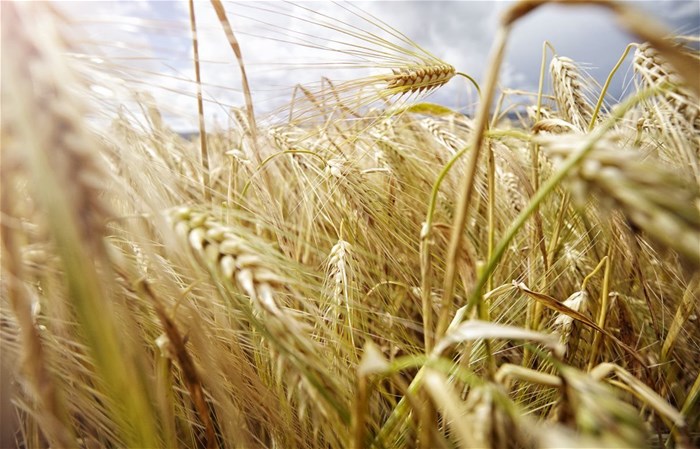Following a relatively good start to the 2023/24 crop season with good rains which saw farmers increasing their planted area for summer crops by 1.2% year-on-year to 4.4 million hectares, the weather turned negative with limited follow-up rains coupled with excessive heat early in 2024. The excessive heat caused a lot of stress and wilting of crops during the critical growth stage thus impacting negatively on potential yields.
Consequently, the National Crop Estimates Committee (CEC) pegged its first estimate of the country's summer crops at 17.41 million tonnes which is a decline of a whopping 13.5% year-on-year. In the case of the country’s biggest staple, maize, the estimate was slashed by 12.6% year-on-year to 14.36 million tonnes mainly due to a significant reduction in the expected white maize harvest (-17.2% year-on-year). This was expected given the persistent dryness in the producing areas of the North West and some parts of the Free State.
The current harvest estimate, however, still ensures adequate supply for the country and is still higher than the long-term average (10 years) of 13.1 million tonnes for the commercial maize crop.
Market responses: Maize futures on the rise
Meanwhile, maize futures have already responded in the past few weeks with the latest May-24 and Jul-24 white maize contracts rising by 16.3% (+R629/t) and 16.1% (+R619/t) m/m respectively at R4,479/t and R4,471/t. Yellow maize futures for May 2024 and July 2024 delivery has so far increased by 5.9% (+R220/t) and 5.5% (+R205/t) m/m respectively at R3,918/t and R3,905/t.
The next big crop, soyabeans, saw harvest expectations cut by 22.8% year-on-year to 2.14 million tonnes due to the combination of yield contraction and a 2.2% year-on-year reduction in planted area. However, this projected level is still way ahead of the 10-year and 5-year averages of 1.26 million tonnes and 1.55 million tonnes respectively.
Sunflower: Harvest down, but prices stable
The price response has only been muted so far on a month-on-month basis. In the case of sunflower, the expected harvest is 6.8% lower year-on-year at 671,100 tonnes but has not had upside pressure on prices. The latest trends show that sunflower futures for May 2024 and July 2024 are still down by 1.2% (-R96/t) and 0.7% (-R56/t) month-on-month at R8,184/t and R8,394/t.
We are now in the critical stage of crop growth and decent rains are required to reverse potential losses. Nonetheless, the El Nino weather pattern was relatively mild for South Africa as we received unusually widespread rains. Further, the good news is that the current El Nino will be a once-off event as forecasts so far indicate that it is dissipating towards winter with neutral conditions taking hold into the 2024/25 crop season.
The short-term rainfall outlook still calls for showers of about 20mm to 50mm across most growing areas that could help salvage the situation. However, more is needed to make a meaningful recovery.

































